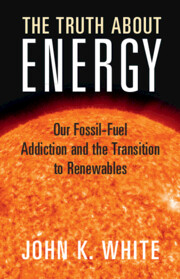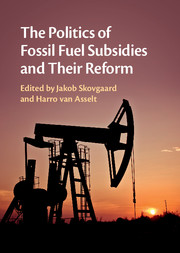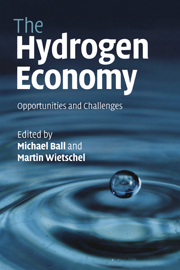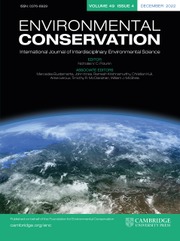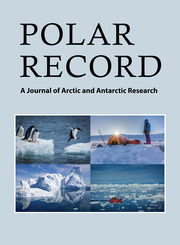The Truth About Energy
The transition to renewable energy is vital and fast-paced, but how do we choose which technologies to drive this energy transition? This timely book provides everyone interested in the renewable energy transition with an introduction to and technical foundation for understanding modern energy technology. It traces everyday power generation through history, from the Industrial Revolution to today. It examines the use of wood, coal, oil, natural gas, hydro, and nuclear to produce energy, before discussing renewable energy sources such as biomass, photovoltaics, concentrated solar power, wind, wave, and geothermal. The book examines to what extent and how each technology can contribute to a clean, green infrastructure. The Truth About Energy explains the science and engineering of energy to help everyone understand and compare current and future advances in renewable energy, providing the context to critically examine the different technologies that are competing in a fast-evolving engineering, political, and economic landscape.
- Introduces the fundamentals of renewable energy using historical examples and jargon-free language throughout, giving readers a technical foundation to understand new energy technologies
- Offers examples spanning from the Industrial Revolution to today, discussing both renewable and non-renewable energy sources and their contribution to a green infrastructure
- Examines the evolving engineering, political, and economic contexts in which new technologies are developed to better understand the fast-paced changes in the transition to renewables
Reviews & endorsements
'White's writing convincingly glides between scientific and technological descriptions of energy and the social world in which those descriptions both form, and are formed by, that same science and technology. Part expose, part explanatory guide, the book provides an excellent and balanced foundation from which to understand the transitions we must undergo in our troubled relationship to energy. The analysis is thoroughly researched and not shy about naming names as it builds upon specifics. Now thrown into crisis mode, we face extremely consequential choices - digesting this book enables the reader to understand the social consequences of energy choices.' Kirk W. Junker, Vice Rector for Sustainability, University of Cologne
'Written by a physicist who has done his homework - on chemistry, biology, and even some social science - this is a well-informed and engaging book that conveys the excitement the author believes we should all feel about renewable energy. For those with the interest, there is ample technological and historical background to understand the complex technologies on offer, both renewable and non-renewable. But there are also personal asides and charming juxtapositions, such as when a fusion reactor and Vincent van Gogh share space within a single paragraph. The author's interests are wide-ranging, and despite my own background in the topics he covers, I learned a lot. I can readily see incorporating it as a supplementary text in a course in environmental studies, energy systems, or technology.' Eric Kemp-Benedict, Associate Professor of Ecological Economics, University of Leeds
'This book can be a valuable text/reference for discussion courses on energy at all levels … Recommended.' J. Tavakoli, CHOICE
Product details
January 2024Adobe eBook Reader
9781009433167
0 pages
This ISBN is for an eBook version which is distributed on our behalf by a third party.
Table of Contents
- PART I. Out with the Old
- 1. Wood to Coal: A Short History of the Industrial Revolution
- 2. Oil and Gas: Twentieth-Century Prosperity
- 3. The Nuclear World: Atoms for Peace
- PART II. In with the New
- 4. Old to New: The Sun and all its Glory
- 5. The Old becomes New Again: More Sustainable Energy
- 6. Driving the Revolution: From Volta to Tesla and Back
- PART III. Less is More
- 7. Rethink, Rebuild, Rewire
- Afterword
- Appendix A: Unit abbreviations
- Appendix B: Metric prefixes
- Appendix C: Useful Acronyms
- Chapter Notes
- Bibliography
- References
- Index.

